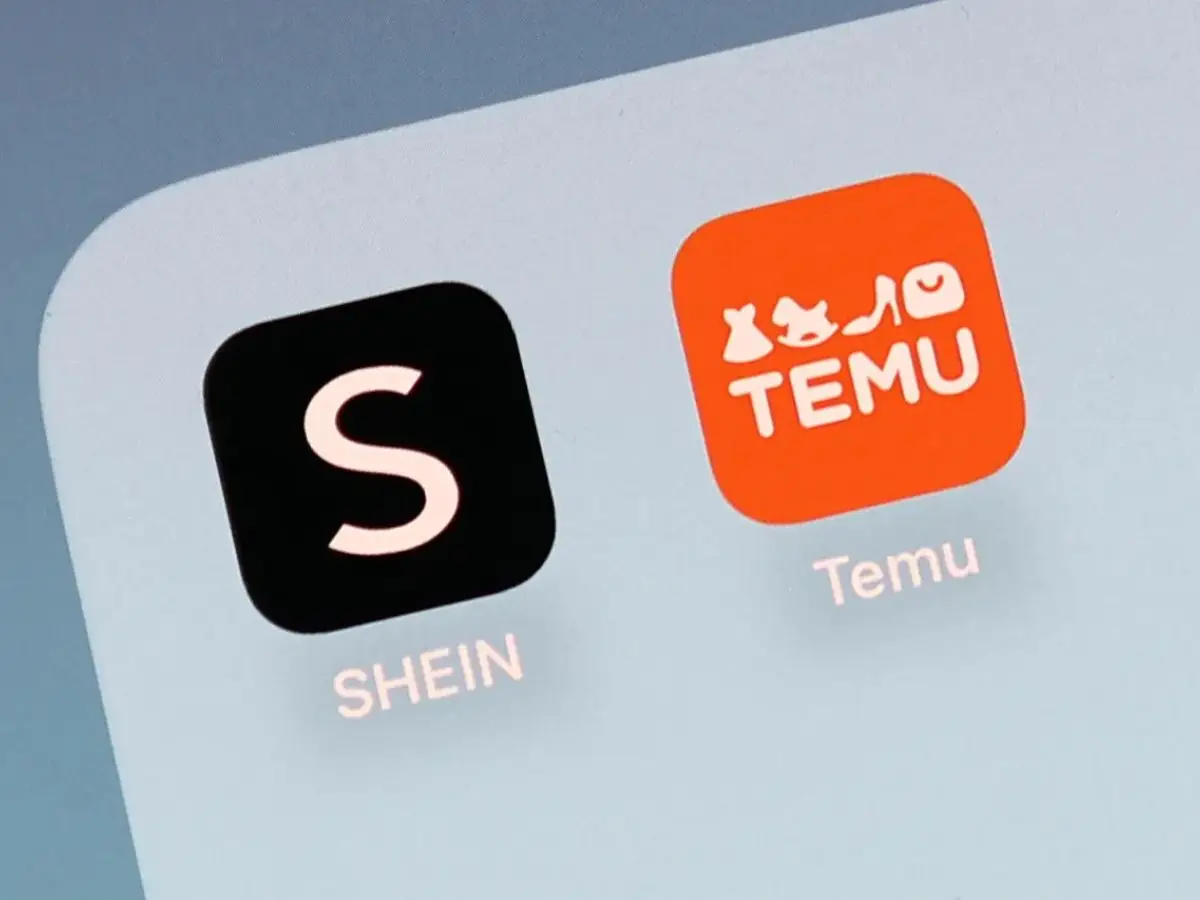Temu, a Chinese e-commerce site that is growing quickly, has made a big change to how it does business in the U.S. This change is a direct result of new U.S. tariffs and rules that have changed the way online stores around the world do business with American customers.
Temu has stopped shipping products directly from China to the United States. This move follows an executive order by President Donald Trump that ended the de minimis rule, which previously allowed goods worth $800 or less to enter the U.S. without tariffs.
In addition, tariffs on Chinese goods have increased by more than 100%, making it much more expensive for shoppers to buy directly from China.
Now, when U.S. shoppers browse Temu, they only see products available in American warehouses. Items that would have shipped from China are marked as out of stock.
This strategic change helps Temu avoid the steep import charges—between 130% and 150%—that had started appearing on customer bills.
Temu is also actively recruiting U.S. sellers to join its platform. By expanding its network of American merchants, Temu aims to help local businesses reach more customers and adapt to the new trade environment.

Effects on American shoppers and the online shopping market
Temu’s decision to stop shipping from China has immediate effects for American consumers. Shoppers will notice:
- Faster shipping times, since products are already in U.S. warehouses.
- Fewer ultra-low-cost listings, as the platform adjusts to higher tariffs and a more localized inventory.
- A shift in product availability, with some popular items from China now out of stock in the U.S. market.
This change also reflects a broader trend in e-commerce. Other platforms, such as Shein and Amazon, are also adjusting their strategies in response to tariffs and regulatory scrutiny.
Amazon, for example, has launched its own discount storefront to compete with Temu and Shein, but most of its discounted items still ship from China, potentially facing similar challenges.
Meanwhile, American consumers are exploring alternative Chinese e-commerce apps like DHgate and Taobao, which have seen surges in downloads as shoppers look for ways to bypass higher prices on Temu and Shein.
Final words
Temu’s shift away from direct China-to-U.S. shipping marks a turning point for cross-border e-commerce. By focusing on U.S.-based inventory and recruiting local sellers, Temu is adapting to a rapidly changing regulatory landscape while aiming to maintain its appeal to American shoppers.
For U.S. consumers, it means changes in product selection and pricing but potentially faster delivery and more support for local businesses. As the e-commerce market continues to evolve, the company’s strategy highlights the importance of flexibility and compliance in a global retail environment.






